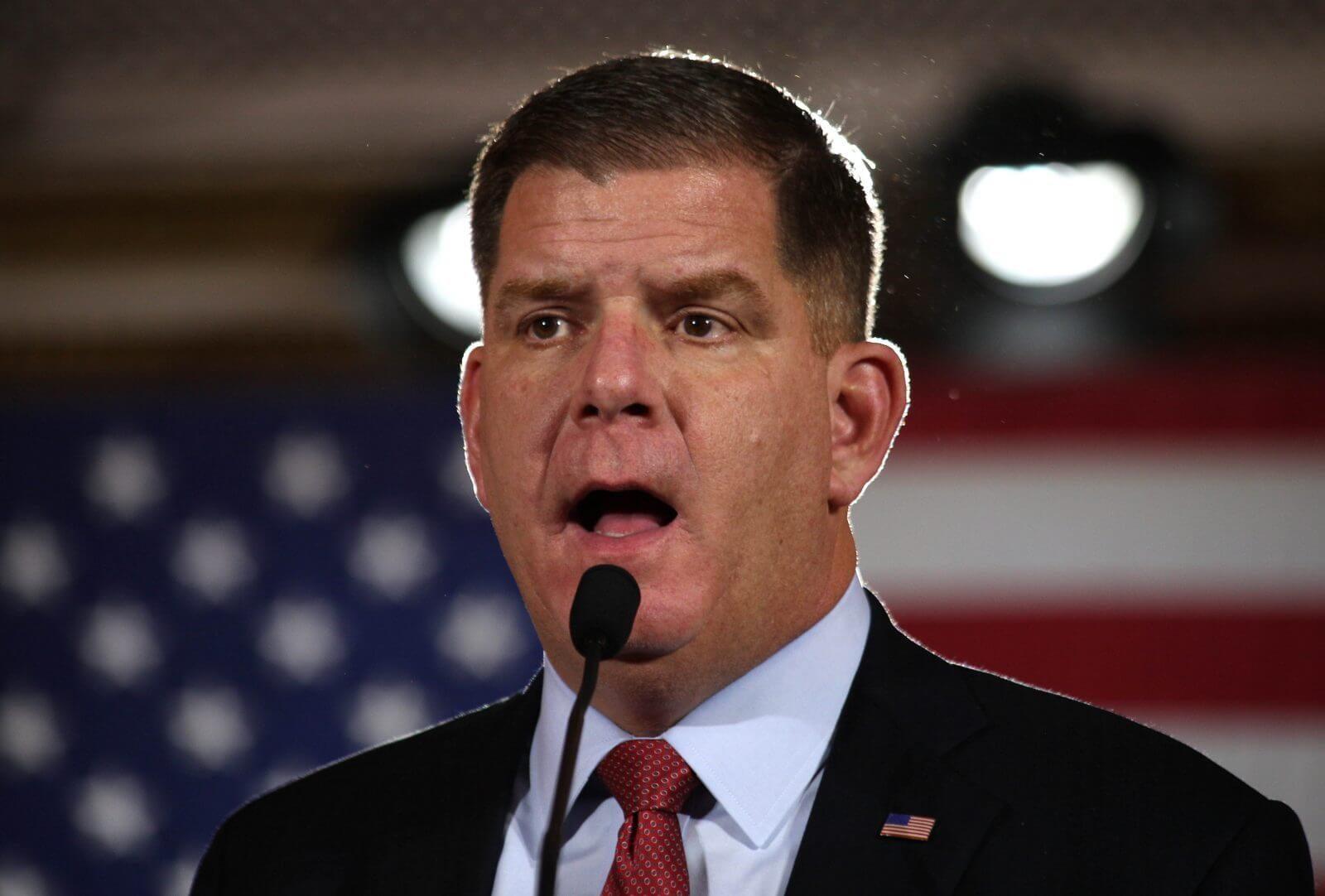The Unites States may lead the world in the realm of economics, geopolitics and military affairs, but when it comes to nature, the world superpower has the dishonor of ranking first in polluting carbon dioxide emissions, according to a renewable energy expert.
Makani Power CEO Saul Griffith said there is still time to change, however, and urged the United States to be the first nation to create drastic efforts to reduce its giant carbon footprint at the MIT Energy Club Tuesday night.
Makani Power aims to develop high-altitude wind that can produce electricity more cheaply than coal-fired power plants without any subsidies. In 2006, coal supplied almost half of the electricity consumed in the United States, far more than any other power source, according to the U.S. Department of Energy.
Griffith said the United States has a responsibility to act quickly against global warming, since it has already led the world in carbon emissions for decades. Skeptics of the theory that man-made emissions are affecting climate should not deter policy makers, he said.
‘It is insupportable for us to have arguments to not act first,’ he said. ‘We have Al Gore out there saying that we’re going to solve the grid and become energy independent, but these are two very different problems. We need to stop looking at what is politically possible and start looking at what it technically necessary.’
Griffith broke down the science behind popular solutions to global warming and pointed out which would have little effect on finding renewable energy sources.
‘ ‘Now it’s incredibly fashionable to have an energy plan – what people want to know is how do they fit in,’ he said.
Using a series of equations, Griffith broke down the amount of energy he used over the past year of his life. He factored in such things as how much energy he used driving, buying newspapers, disposing waste and eating food, which also uses energy.
MIT Energy Club Co-President Catherine Dykes said Griffith explained the issues of climate change in a way that did not confuse the audience.
‘He achieved a balance between making the issue simple enough for people to understand without oversimplifying things,’ Dykes said.
MIT sophomore Dan Livergood said Griffith’s graphics helped him understand how complicated scientific data fit into the ‘broader issue of climate change.’
‘I probably would not have thought of that without someone going through the whole system and finding what part of energy use they were responsible for.’?
Energy exec. calls for sustainability
By Daily Free Press Admin
•
October 22, 2008
0
Donate to The Daily Free Press
Your donation will support the student journalists of Boston University. Your contribution will allow us to purchase equipment and cover our annual website hosting costs.
More to Discover




















































































































